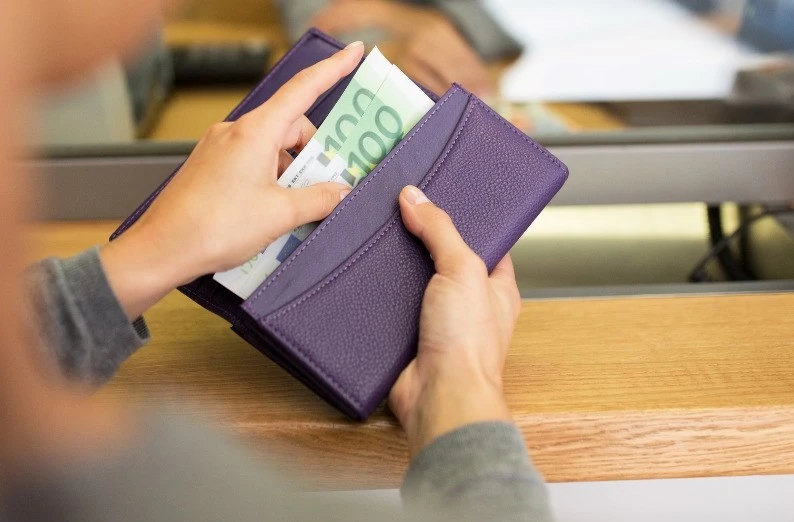Thousands of Hungarians to use the euro instead of their old currency from 1 January

Change language:
From time to time, experts raise the question of introducing the euro in Hungary instead of using the forint. Recently, when HUF reached historic lows against the EUR, USD, or CHF, it seemed that they were right. Now thousands of Hungarians will use the euro instead of their old currency from 1 January. And they are not the only Hungarians, who live on the territory of their ancestors and are already using the EUR. Below you may read the details.
Croatia is to introduce the euro instead of the Croatian kuna from 1 January. The Croatian national currency has been in use since 1994 when the period of transition from the Croatian dinar was introduced in 1991, the year Croatia’s war for independence ended.
Croatia is the 20th country to join the eurozone. Croatia and the council of the eurozone countries signed the relevant agreements in July.
The exchange rate between the HRK and the EUR will be 7.5345, Ecofin stated. Prices have been displayed in HRK and EUR from 5 September until the end-2023. The eurozone extended earlier with Lithuania in 2015. In mid-November, the European Commission stated that Croatia was ready to join the Schengen area, which they join on 1 January, 444.hu wrote.







Will you guys just stop it? It would be like the english trying to tell the americans of english ancestory about what england “used to” own in North America. If you move out of Hungary, and have a child, that child is the citizen of the country you are in, no matter whose blood is in their veins. Continuing to live in the “kingdom of Hungary” is just bull. If that is so true, than we should totally be on the side of the palestinians whose land was stolen by Israel.
Thank you gaborzsazsa… someone speaking truth to the Hungarian nationalistic jingo BS.